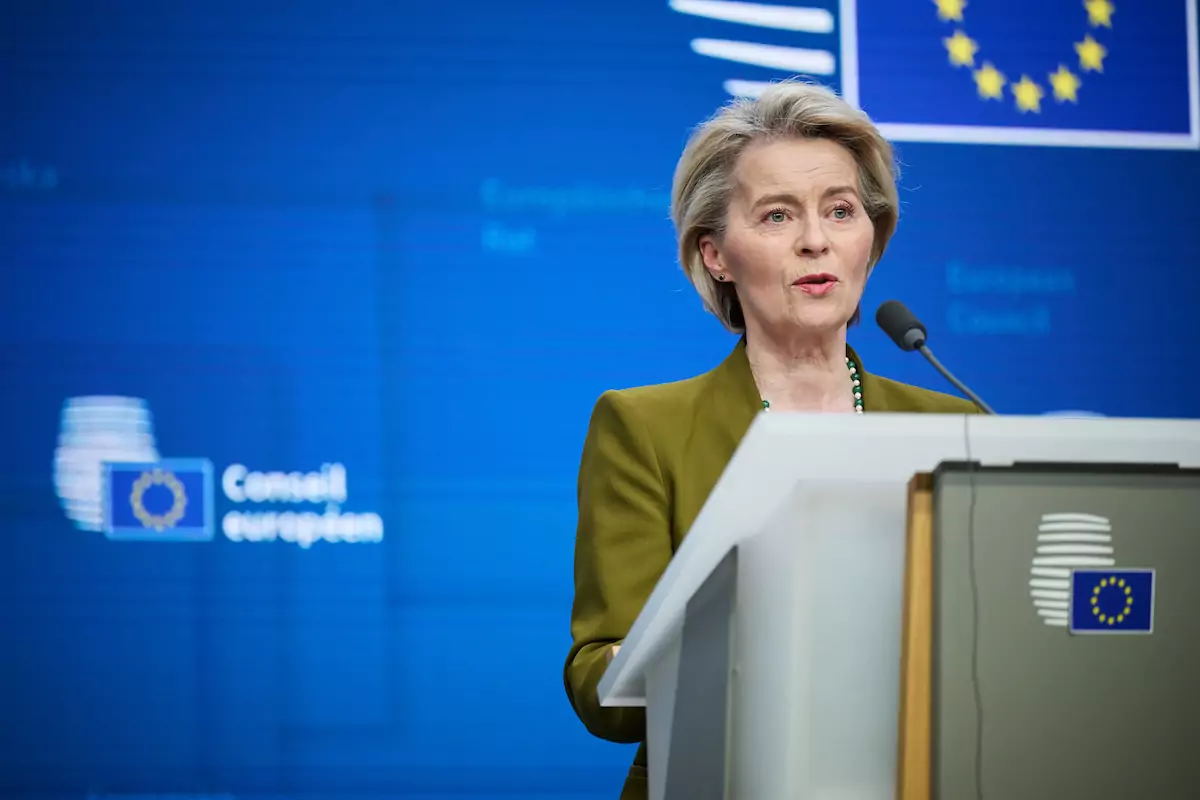Proudly flying the red and white colours of the Principality, 11 Special Olympics athletes from Monaco travelled to the 2025 World Winter Games in Turin earlier this month, where they earned an incredible 12 medals, including two golds, across a variety of disciplines.
The 2025 Special Olympics World Winter Games, held from 8th to 15th March in and around Turin, a city in northern Italy’s Piedmont region, was an unforgettable experience for the 11 dedicated athletes from Monaco who competed in the 12th edition of the Games.
Competing in disciplines such as the Giant Slalom, Super-G, cross-country skiing and snowshoe racing, the team of both men and women racked up an impressive 12 medals: two gold, five silver and five bronze.
Among those who competed were Robin Leteuil, Albane Lepoivre, Diego Bolatti and Rabab Bechti (pictured above), who clinched gold in the M2 4x100m relay. Leteuil also claimed the delegation’s second gold in the men’s 100m snowshoe race.
Elsa Clément, Thomas Desperies, Miya Franzi and Denis Lupo represented the Principality in various alpine skiing events, while Eric Bruno, Stéphane Kelkal and Rodolphe Rodnay showcased their skill and passion in cross-country skiing. The athletes were accompanied by an equally devoted team of coaches and supporters, including Saverio Cuneo, Catherine Lapelegerie, Marco Muratori, Emilie Rousseau, Eric Waterson and Pierre Van Klaveren, the latter of whom is President of Special Olympics Monaco.
Ahead of the Games, the Monegasque Olympic Committee paid tribute to the competing athletes at a special event held at its headquarters in early March. Yvette Lambin Berti, Secretary General of the Monegasque Olympic Committee, presented each athlete with a High-Level Special Athlete Certificate in recognition of not only their sporting prowess but also their unwavering commitment, determination, solidarity and camaraderie.
Read related:
Monaco officially crowned 2025 World Capital of Sport at palace ceremony
Monaco Life is produced by real multi-media journalists writing original content. See more in our free newsletter, follow our Podcasts on Spotify, and check us out on Threads, Facebook, Instagram, LinkedIn and Tik Tok.
Photo source: Special Olympics Monaco

